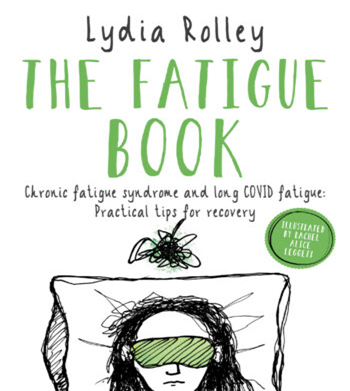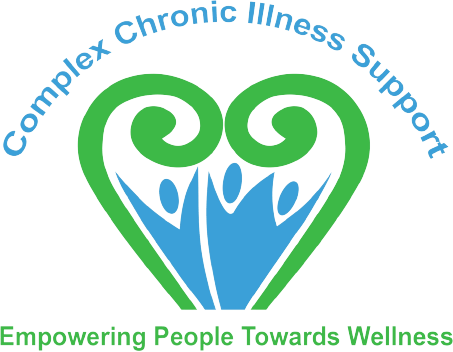The Fatigue Book by Lydia Rolley – Chronic fatigue syndrome and long COVID fatigue practical tips for recovery
Sense of an author who is personally invested
The Fatigue Book immediately conveys the sense of an author who is personally invested – and indeed, Lydia Rolley has extensive experience of chronic fatigue conditions, both as someone who has lived with ME/CFS and as a jointly qualified occupational therapist and psychotherapist who worked for many years in an NHS fatigue clinic.
Her insights from the perspective of a person who has come out the other side are invaluable: it is so easy to lose sight of one’s strengths and abilities when unable to summon the energy to get out of bed in the morning. The author’s reminder that this is a season, not forever, is an antidote to the overwhelming sense that there is nothing beyond constant fatigue.
Practical and usable
The structure of The Fatigue Book makes it user-friendly for readers with limited energy. It is broken into bite-size chunks, with key points highlighted in such a way that they are easily focused on, even in the midst of brain fog.
But it never shies away from a core truth: recovery from chronic fatigue, whatever the cause, largely depends on the individual affected. In the end, you have to manage your condition, nobody else can do it for you. Although clearly, having emotional and practical support from those around you is also a great contribution to recovery. There is useful advice about coping with the changing family dynamics that inevitably come with one member developing a long-term fatigue condition.
A workbook for recovery
Each chapter has an overarching theme, from sleep to motivation, pacing to community. Within, each is broken up into tips to act on, with illustrations and proverbs encapsulating the main points. Where appropriate, there is space to make your own notes, and useful templates that can be photocopied.
The whole encourages the person to keep track of their situation, observe the consequences of particular activities so that behaviour can be modified and good habits reinforced.
I found the chapter on pacing particularly interesting, having lived with a partner with ME for many years. Learning how not to do too much on those precious occasions when you feel well is perhaps one of the most difficult lessons for people with chronic fatigue. Overdoing it, followed by a crash and relapse into exhaustion is a familiar pattern, and The Fatigue Book has useful strategies for breaking out of this vicious circle.
Spirituality and religion
The author wraps up each chapter with a section called Mind, Body and Soul, emphasising the co-existence of all aspects of the person. She has a strong Christian faith which is certainly in evidence here. There are prayers at the end of each chapter, for example.
This may deter some readers, while others find it comforting. I felt that there was so much of use and benefit to anybody trying to manage a chronic fatigue condition that I could overlook the regular religious references.
The Fatigue Book has been very helpful in providing information for my BOP members, especially around pacing and sleep. CCI Support has this it available in our library, so if you are interested in reading this please let us know – Annabelle

